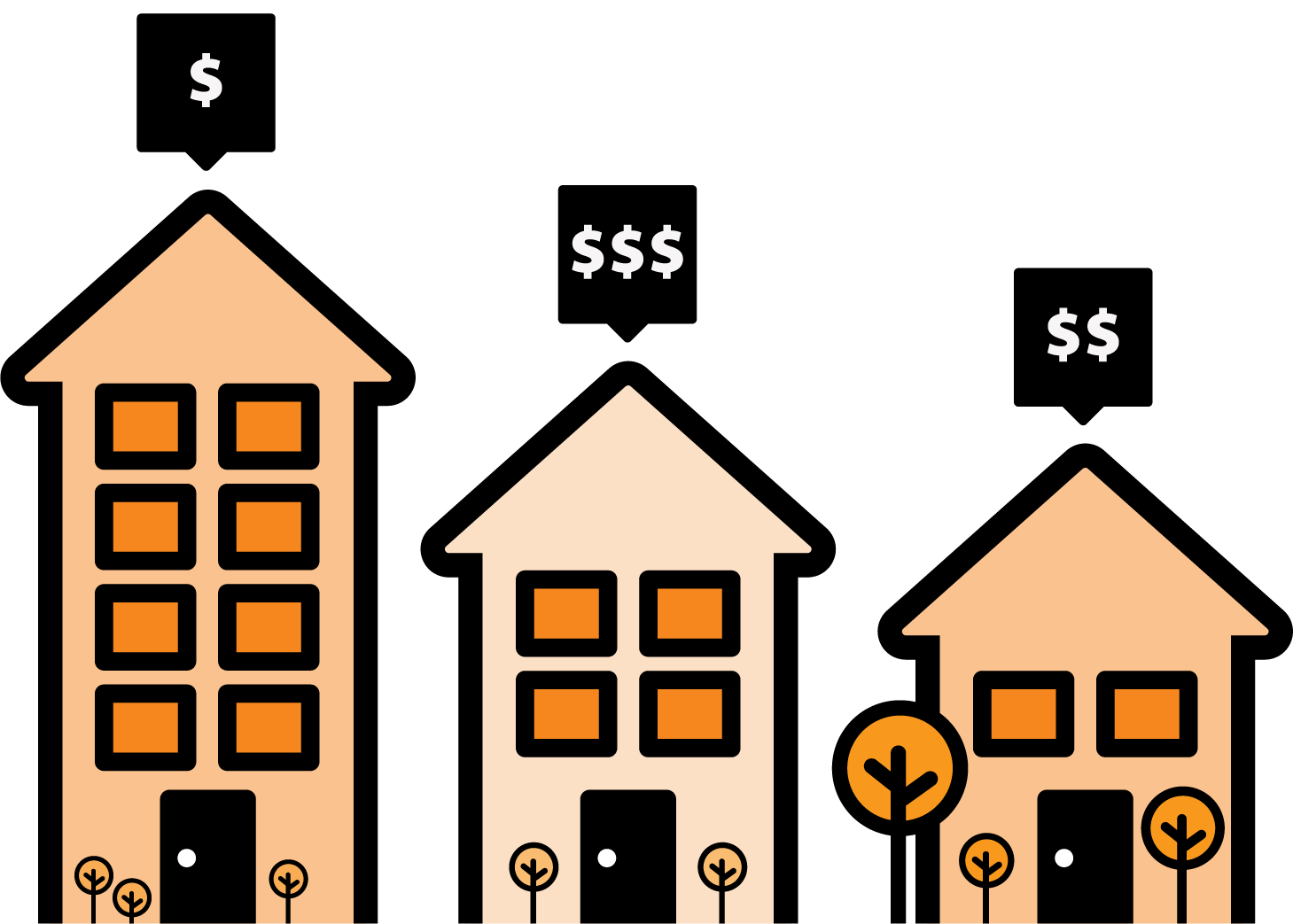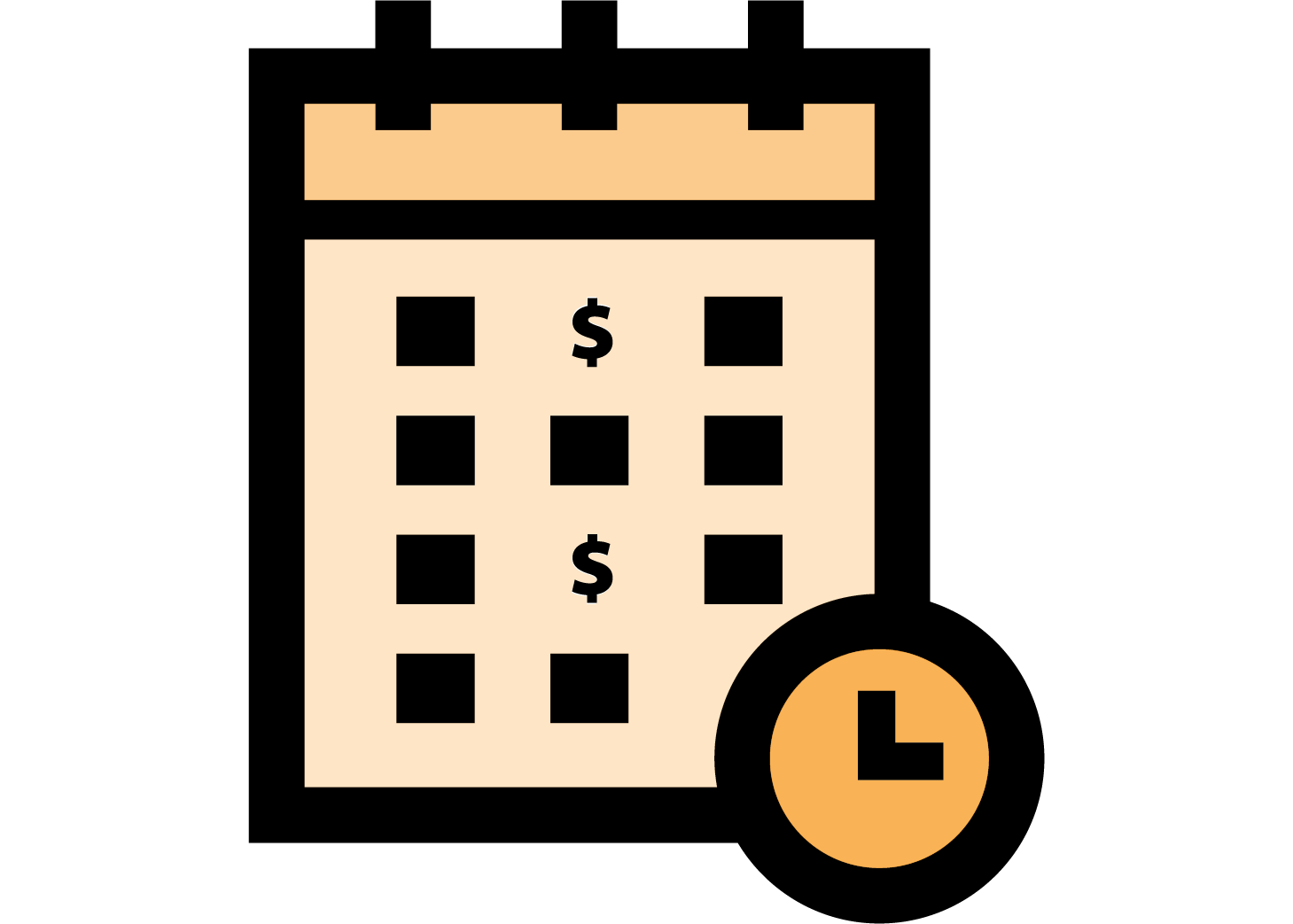While you may not need a six-figure salary to invest in property, those who earn a relatively low income will require a little more
creative thinking to start a portfolio. Here are some tips to help you get started.

Following the lodgement of a home loan application, hopeful borrowers are often keen to know what will happen next and how long it will take for them to receive the verdict. The bad news is that there is no one-size-fits-all answer. The good news, however, is that a solid application is the key to keeping the approval time short.
The amount of time it takes for you to receive a response to your home loan application can vary. An answer is usually received between two days to two weeks, depending on a range of factors. For a reasonably straightforward application, it’s around 48 hours to a final approval. But, depending on how complex the circumstances are, it can take longer than that.
Before offering conditional approval, your potential lender will need to make an assessment of your application and conduct a valuation of the property. Of course, having a valuation that is acceptable to the lender done in advance will expedite the process.
With valuations, the intention is to support an application rather than to make or break it. There are a few things that can result in an application not being approved based on valuation, like zoning, property size, or if the condition of the property is poor enough that major repairs would be required before it could realise its market value.
The lender will also assess your capacity to repay the loan amount you have requested. This is where all of the information about your salary and liabilities come into consideration, and where accurate and complete information is essential.
The credit review by the lender can include a bit of to-and-fro between the customer, the broker and the lender due to the lender’s request for further information as that credit review takes place, which may extend the time for the application to be reviewed.
Your potential lender makes an overall judgement of you as a borrower and the complexity of your financial history will affect how long this takes.
It’s best to be full and frank in disclosure from a borrower’s perspective. The biggest red flag is non-disclosure of
liabilities or adverse information on a credit history, whether it is included in documentation or not. The complexity of the application
process is a great reason why you would sit down with a reputable broker, as they can just explain all of that to you.
Brokers can help connect you to the lender best fit to serve your mortgage needs by shopping around on your behalf. In order to decide whether or not to provide you with a loan, lenders will generally assess you against five qualities.

Your financial history.
Your credit rating, expenses and debts will help the lender assess your character as a borrower and whether you are worth the risk.

Market conditions.
Economic circumstances in the market can influence what interest rate you have access to and whether you need to provide extra security.
They can also influence the repayment schedule.

Your ability to repay the loan.
To establish your capacity the lender will look at your employment history and salary to evaluate whether you have enough cash coming in
reliably to pay the loan over time.

How much cash you have up front.
Assessing your ability to put down a percentage of the value of the property being purchase up front is standard. The percentages vary
though, and specialist lenders may approve a five per cent deposit.

The property appraisal price.
Since the property is used as collateral if you are unable to repay the
loan, the lender will value the property. Based on the report, the lender will decide whether the property is worth the loan being
approved.
While loan officers work solely for a lending institution and can only offer that institutions products, our finance brokers are able to shop around for you. Finance Brokers are paid commissions by lenders to match borrowers to the right products, and can negotiate the lowest rate on your behalf, which is why half of borrowers today turn to finance brokers when it comes to finding a home loan.
Read more about the benefits of using a finance broker and when the right time is to call them
in.
Following the submission of an application, you can expect your finance broker to be in touch with you to update you on progress, and to notify you of the outcome. If your application is approved, your broker will also advise you of when to expect a formal letter of approval from your lender.
Sound confusing or overwhelming? It doesn’t have to be. Speak to the team at Acquired about how they can simplify the home loan application and approval process, creating the strongest application for you.
If you’re not quite at the stage of lodging a home loan application, but are still interested in looking for a home, then a pre-approval can be a great step in preparing you.
So, what does a home loan pre-approval involve exactly and how long does it last? When your walking into the world of home ownership, don’t let uncertainties cast shadows of doubt on this exciting time.
Pre-approval is a lender’s assessment of your likelihood of being approved for an otherwise suitable loan. The appraisal is made on the basis of your ability to service a loan by looking into your living expenses and liabilities, your credit history, your employment circumstances and how often you have moved home or employment in the recent past.
As it is performed prior to a property being found and chosen, it does not take into account the particulars of a specific property and valuation, which is why uncertainties can arise. Pre-approval is helpful for those who want to know how much they can borrow before attending open homes, which can be reassuring for new borrowers.
When someone gets pre-approval they can start looking at properties knowing how much they can borrow. They know what their price range is. People take comfort in knowing that a lender has looked at their application to make sure it meets policy.
Pre-approvals are usually valid for up to 90 days but, depending on the lender, may be renewed to allow more time to find a property. It is very important to note that a pre-approval is not a guaranteed loan. It is your potential lender’s way of signalling how much they expect to lend you. This may change on your official application.
For anyone with a conditional approval, it’s a good idea to speak to your broker to find out if any policies have changed, as policies can change from day-to-day, week-to-week at the moment.
Another thing that may cause a lender to decline your loan application after pre-approval is a change to your pre-approval circumstances. Brokers need to make sure the applicant has not gone and got another credit card or car lease, or any other debt that may affect their income and serviceability.
Your pre-approval will also usually be conditional on a property valuation. If your lender does not deem the property a marketable asset, they may not approve a loan.
We want to check that it is a readily saleable property. That’s the biggest thing. To make sure the actual security itself is acceptable.
Potential lenders need to be wary of the changes that can affect their ability to take out a loan, regardless of pre-approval figures, to ensure they don’t overcommit without a guaranteed source of funding.
While pre-approval is not a guarantee, is a very useful tool for anyone looking for a property. Speak to our team at Acquired about pre-approval before you lock in your Saturday open home schedule.
First Home Buyer
10 Tips for Property Investors
Moving Checklist